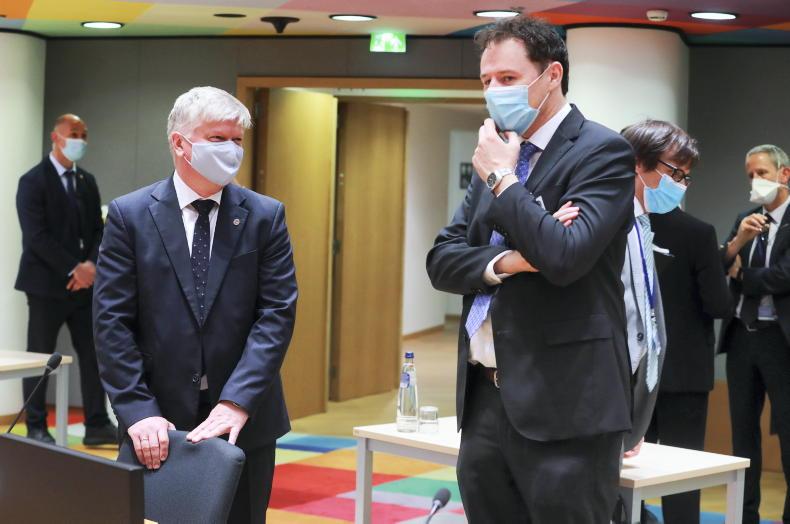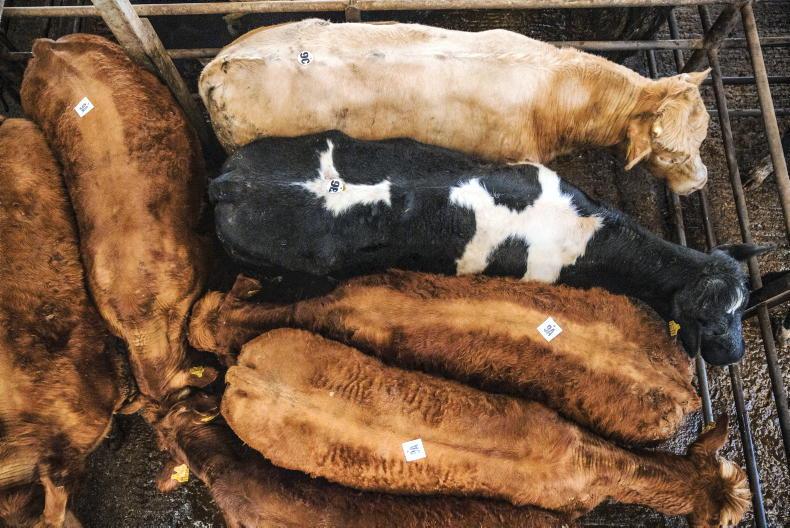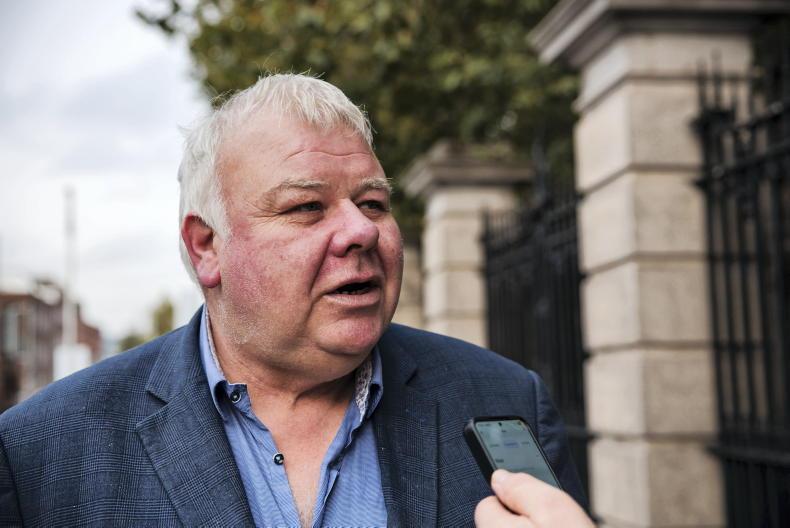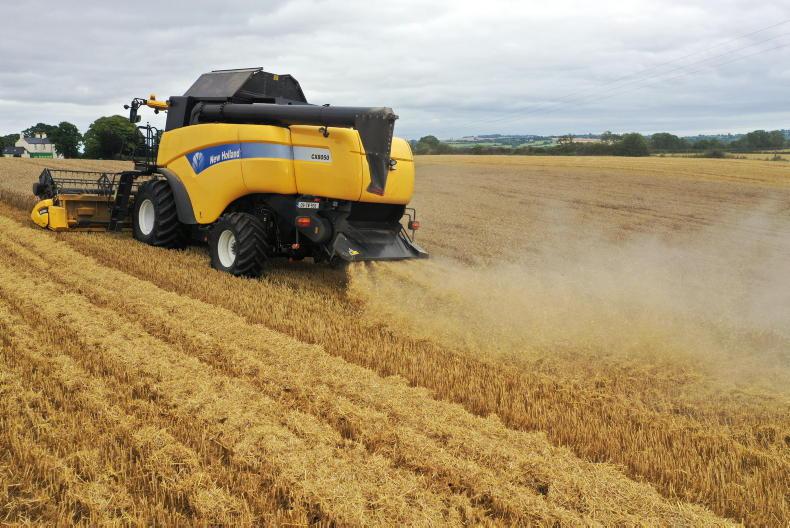Direct payments to Irish farmers look destined for a significant shake-up in the next CAP, as crunch talks continue in Brussels.
Negotiators are meeting for three days of intense talks in a bid to finalise the reform and it appears Ireland has already entered damage limitation mode.
The European Commission has put forward a compromise proposal for eco-schemes, which will redirect a significant portion of income supports to climate and environment measures.
Eco-schemes
Member states could chose to ring-fence 25% of direct payments for eco-schemes for the duration of the CAP, or start at a lower figure of 22% in 2023 before gradually increasing this to 30% by 2027.
Minister for Agriculture Charlie McConalogue said Ireland had difficulty moving beyond a 20% total fund for eco-schemes, given the significant movement of farm payments in other areas.
The minister was also concerned that the proposals created a considerable risk that funds would be left unspent.
“I've always been clear that the potential for loss of funds is a red line issue for Ireland,” he said.
Front-loading
A new area where direct payment funds may have to be allocated emerged during Tuesday night’s talks.
Member states face a mandatory requirement to offer front-loaded payments to farmers through a Complimentary Redistributive Income Support for Sustainability (CRISS).
This would mean a linear reduction to all farm payments to create a CRISS fund on top of ring-fencing for eco-schemes. All sides have closed in on an agreement, but the budget remains undecided, ranging from 7.5% to 12% of direct payments.
The European Commission favours a 10% figure with a derogation for member states to reduce this if they redistribute payments in other ways.
Minister McConalogue opposed a mandatory front-loading requirement. He said there needed to be greater consideration that measures such as capping and convergence will already result in a significant redistribution of payments between farmers.
Convergence
Ireland has become isolated on convergence, as one of the few members with an entitlement-based system. The majority of other member states already have flat-rate payments.
Minister McConalogue said he was strongly of the view that a 75% target was the best approach. A compromise proposal of 85% has been offered and the minister said it was difficult to consider a higher figure, given the other redistribution measures already on the table.










SHARING OPTIONS